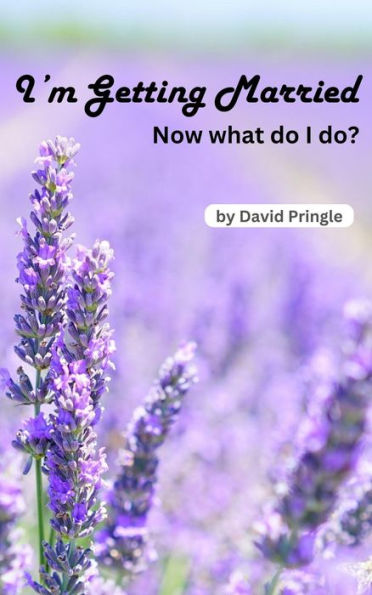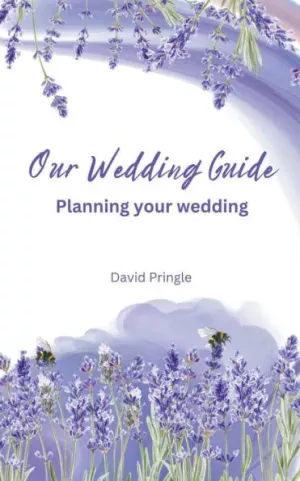If you click on the links we provide, we may receive compensation.
Presenting the Bride
Note that I did say, “presenting the bride” rather than “giving away the bride”. It may be preferable to use the word “present” as women are certainly not property to be given or acquired. Tradition, that we will not expound upon, was not always as just, as history has demonstrated.
The moment that everyone at a wedding is waiting for is when the bride appears. Trandition has it that she enters from the back of the gathering place, and then walks down the aisle. All eyes are on her and it is an exciting moment. The actual traditional order of the wedding processional is discussed in other sections of ourweddingguide.com.
Today there are few, or no rules, social mores or customs that must be followed. There can be elements of past traditions and “must do” moments, but there are a wide variety of options limited only by one’s imagination and creativity.
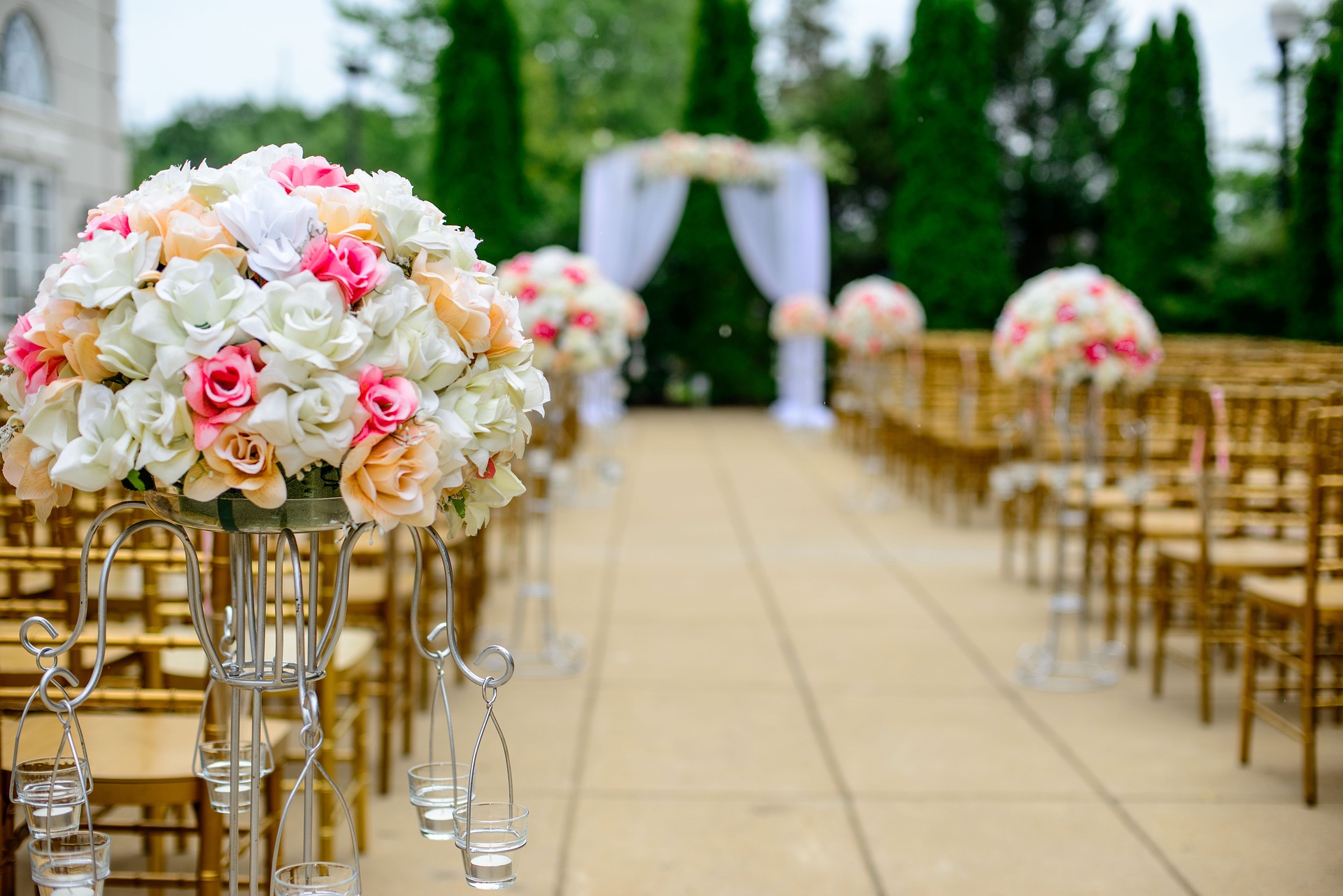
Typically, dad escorts the bride down the aisle. This is probably more powerful and meaningful for dad than daughter. It is certainly a moment of privilege and pride for dad.
Today, it is recognized that while dad had a part in raising dear daughter, clearly mom had a significant role as well, not even mentioning who gave birth to this incredibly delightful star of the performance.
Therefore, it is common now that both mom and dad somehow participate together. While dad has the honor of walking the bride down the aisle, mom has a special place of significance as well, in that she is the last to be seated after all other guests, including the mother of the groom.
Everyone is watching for this moment and all eyes are on mom. This signifies that the wedding party is about to follow at any moment.
If mom walks with dad and daughter down the aisle, then mom gives up her special place of honor of being seated last. In order to have both a place of honor and also participate in the presenting of the bride, mom can rise from her chair and join dad and daughter once they reach her.
On a practical note, some aisles are rather narrow and walking three abreast may be challenging.
It may be that the bride chooses to walk down the aisle alone signifying that she is an independent woman. There may also be second marriage considerations, divorces, separations, etc. and the awkwardness of choosing who escorts the bride can be eliminated by a solo entrance.
Some couples choose to walk down the aisle from opposite starting points meeting in the middle. Or, perhaps in same sex ceremonies, the couple chooses to enter together.
The options are many. Consider the following words that might be appropriately spoken by the officiant. they can be tailored to your preferences.

Officiant: Who has nurtured and provided for this child, shaping her both inward and outward characteristics into the beauty of maturity?
Mother: Her father and I have.
Officiant: Who releases this treasure and sets free the gift to be part of a new home?
Father: Her mother and I do.

Officiant: Who gives this woman to join this man so that they may together shape a new home and family?
Father: Her mother and I do.
or
Mother and Father: We do.

Officiant: From whose home does this woman come, and who gives blessings upon this woman?
Mother: She is from our home, and her father and I give our blessings.
Or
Mother: She is from our home;
Father: And we give our blessings.

In the case where the parents are not present, the bride and groom may both wish to acknowledge their families.
Officiant: From whose home do you come to join this man?
Bride: From the home of . . . . . . . . .
Officiant: From whose home do you come to join this woman?
Groom: From the home of . . . . . . . . .
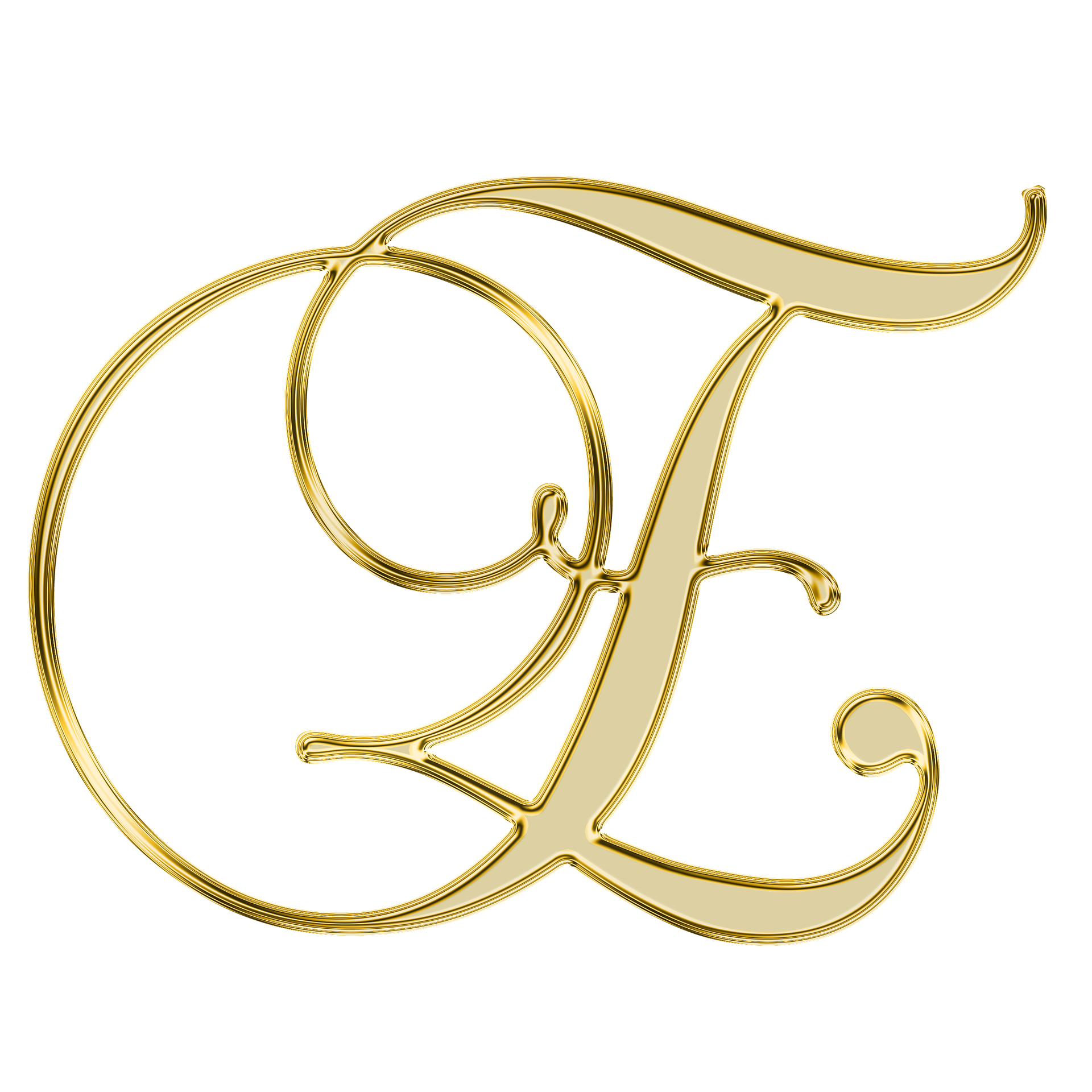
Officiant: (Bride), who has raised you, provided for you, and loved you, and who has stood with you, and stands with you today?
Bride: My mother has.
(or) My father has.
(or) My aunt has.
(or) My grandmother has.
(or) My mother and father have.
Officiant: And who entrusts this life that has been born to the care and love of another?
Mother: I do.
Officiant: And who gives blessings upon this daughter and bride?
Father: I do.

Officiant: Who gives with open hands this treasured one?
Father: Her mother and I do.
or
Mother and Father: We do.
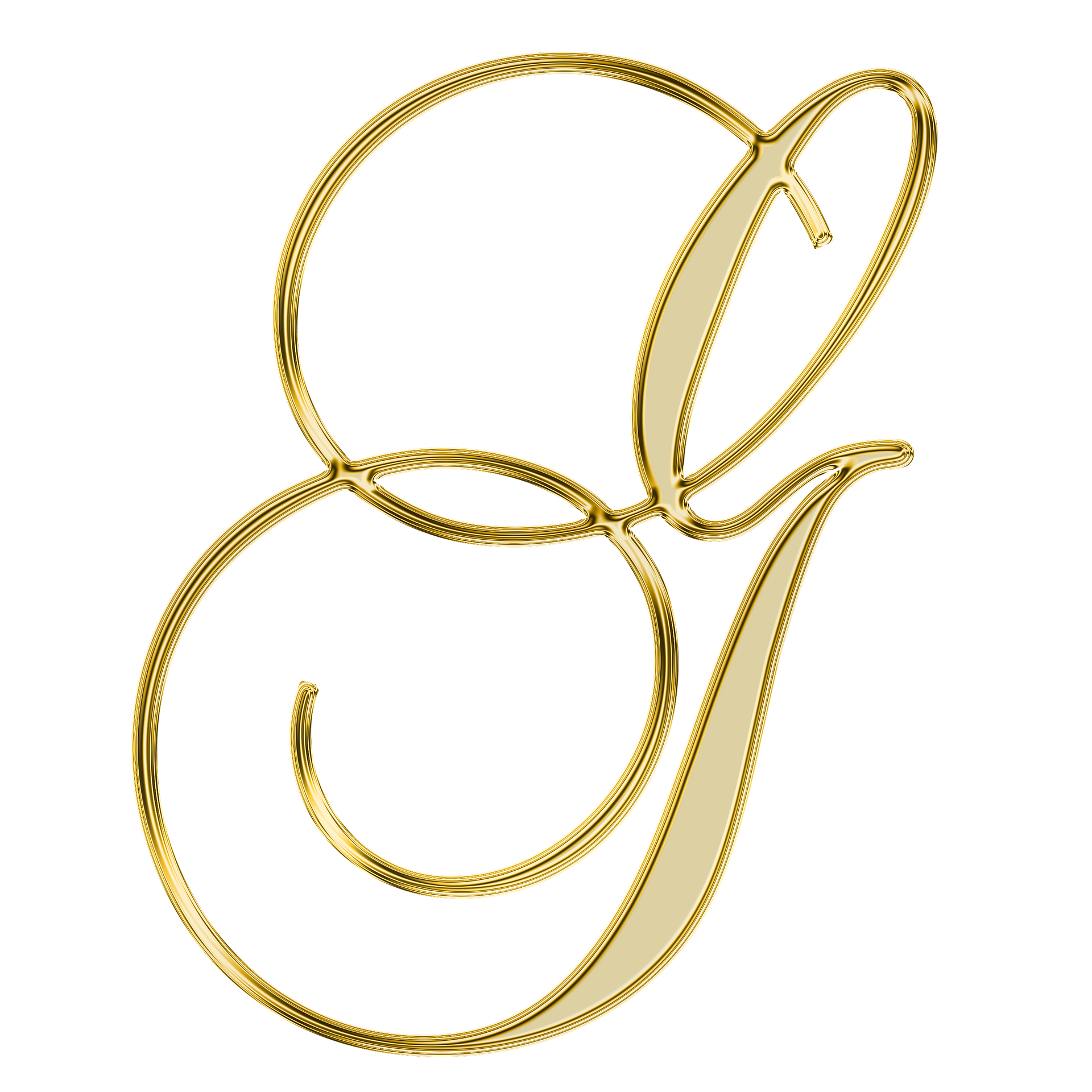
Officiant: Who gives this woman to be married to this man?
Father: Her mother and I do.
or
Mother: Her father and I do.
or
Mother and Father: We do.

Officiant: What words do you, who have nurtured and loved (Bride), have to share?
(Father or Mother may each express words of blessing and encouragement.)
